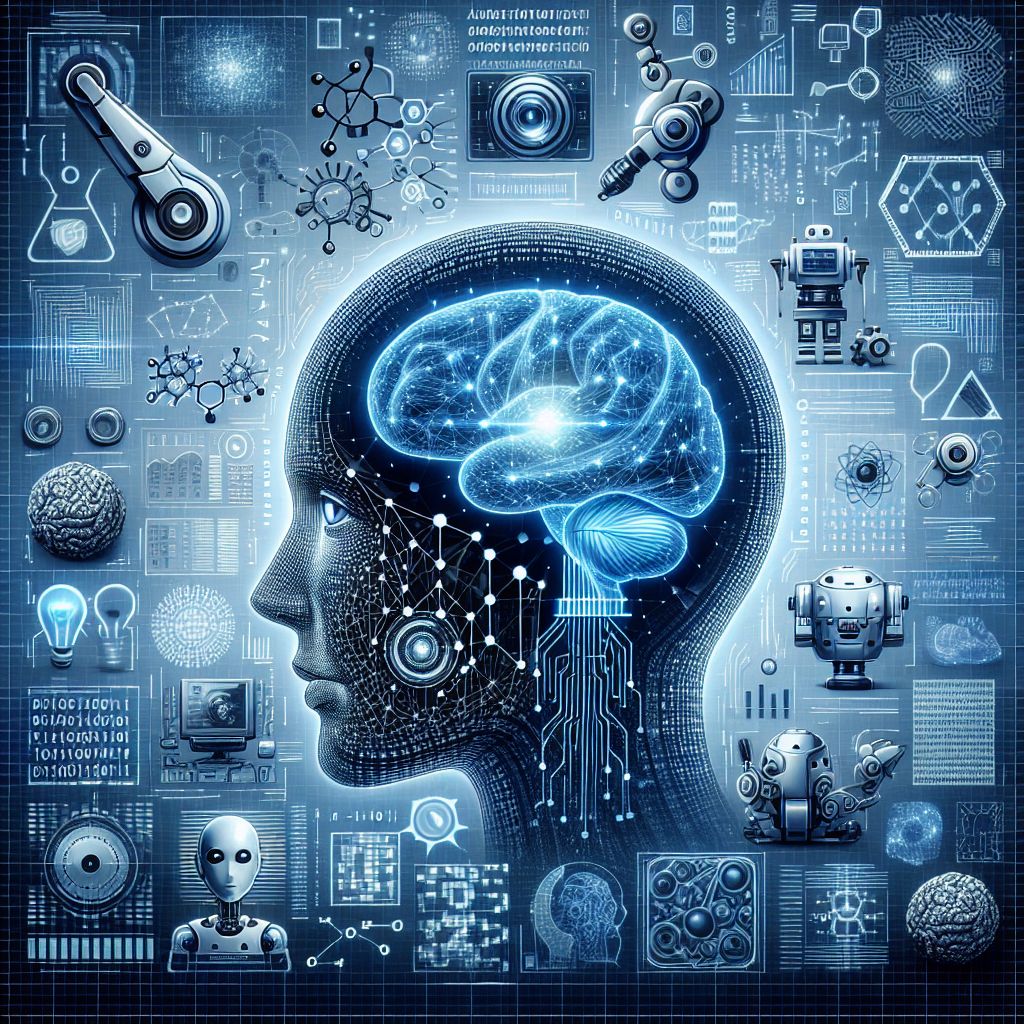Artificial General Intelligence (AGI) has long been a goal of researchers in the field of artificial intelligence (AI). While many AI systems excel at specific tasks, such as image recognition or natural language processing, they lack the ability to generalize their knowledge and apply it to new situations. AGI seeks to create machines that can think and learn like humans, with the ability to understand and reason about the world in a general way.
In recent years, there have been several significant breakthroughs in the field of AGI research. These breakthroughs have brought us closer to the goal of creating truly intelligent machines that can perform a wide range of tasks, from playing games to driving cars to conducting scientific research. In this article, we will explore some of the most exciting advancements in AGI research and how they are advancing the field.
One of the key challenges in AGI research is creating systems that can learn from limited data. Humans are able to generalize from just a few examples, but most AI systems require vast amounts of data to learn a new task. Researchers are working on developing algorithms that can learn more efficiently, with the goal of creating systems that can learn from just a few examples, much like humans do.
Another important area of research in AGI is developing systems that can understand and generate natural language. Language is a key aspect of human intelligence, and creating machines that can understand and generate language is a crucial step towards achieving AGI. Recent advancements in natural language processing have brought us closer to this goal, with systems that can generate coherent and contextually appropriate responses to text inputs.
One of the most exciting developments in AGI research is the use of deep learning techniques to create more flexible and adaptable AI systems. Deep learning has revolutionized the field of AI in recent years, with systems that can learn to recognize patterns in data and make predictions based on that data. Researchers are now using deep learning techniques to create systems that can learn from their mistakes and adapt to new situations, bringing us closer to the goal of creating truly intelligent machines.
In addition to these advancements, researchers are also exploring new approaches to AGI, such as the use of reinforcement learning and meta-learning. Reinforcement learning is a technique that involves training a system to maximize a reward signal, such as winning a game or completing a task. Meta-learning involves training a system to learn how to learn, allowing it to quickly adapt to new tasks and environments. These approaches have shown promise in creating more flexible and adaptable AI systems that can perform a wide range of tasks.
Despite these advancements, there are still many challenges to overcome in the field of AGI research. One of the key challenges is creating systems that can understand and reason about the world in a general way. While current AI systems excel at specific tasks, they often lack the ability to generalize their knowledge and apply it to new situations. Researchers are working on developing algorithms that can capture the complexity and nuance of human intelligence, with the goal of creating machines that can think and learn like humans.
Another challenge is creating systems that are ethical and trustworthy. As AI systems become more powerful and autonomous, there is a growing concern about the potential for misuse and unintended consequences. Researchers are working on developing systems that are transparent and accountable, with the goal of creating AI systems that are safe and beneficial for society.
In conclusion, AGI research is advancing rapidly, with new breakthroughs and advancements being made on a regular basis. Researchers are making progress towards creating machines that can think and learn like humans, with the ability to understand and reason about the world in a general way. While there are still many challenges to overcome, the future of AGI looks bright, with the potential to revolutionize the way we live and work.
FAQs:
Q: What is Artificial General Intelligence (AGI)?
A: AGI refers to the goal of creating machines that can think and learn like humans, with the ability to understand and reason about the world in a general way.
Q: What are some recent breakthroughs in AGI research?
A: Recent breakthroughs in AGI research include advancements in deep learning, natural language processing, and reinforcement learning, as well as the development of systems that can learn from limited data.
Q: What are some of the challenges in AGI research?
A: Some of the key challenges in AGI research include creating systems that can understand and reason about the world in a general way, as well as developing systems that are ethical and trustworthy.
Q: What is the potential impact of AGI on society?
A: AGI has the potential to revolutionize the way we live and work, with the ability to perform a wide range of tasks, from playing games to driving cars to conducting scientific research.
Q: How can I get involved in AGI research?
A: If you are interested in getting involved in AGI research, you can pursue a degree in artificial intelligence or computer science, or participate in online courses and workshops on AI and machine learning.

